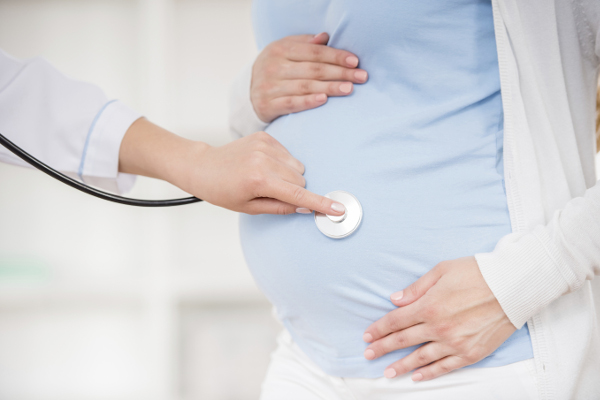
Comprehensive Care for Irregular, Painful & Heavy Periods
Menstrual Disorders Treatment in Gurgaon – Optimus Multispecialty Hospital
At Optimus Multispecialty Hospital, Gurgaon, we understand that menstrual health is a
vital aspect of a woman’s overall well-being. Our Best Gynecologist in Gurgaon and
experienced Women’s Health Specialists in Gurgaon provide advanced care for all types
of menstrual irregularities. From hormonal imbalances to structural uterine issues, our
team offers a comprehensive approach to restore regular cycles, reduce discomfort,
and support reproductive health.
We combine modern diagnostics, personalized treatment plans, minimally invasive
procedures, and holistic lifestyle guidance to ensure long-term relief and improved
quality of life. Our expertise makes us a trusted destination for Menstrual Disorders
Treatment in Gurgaon.

